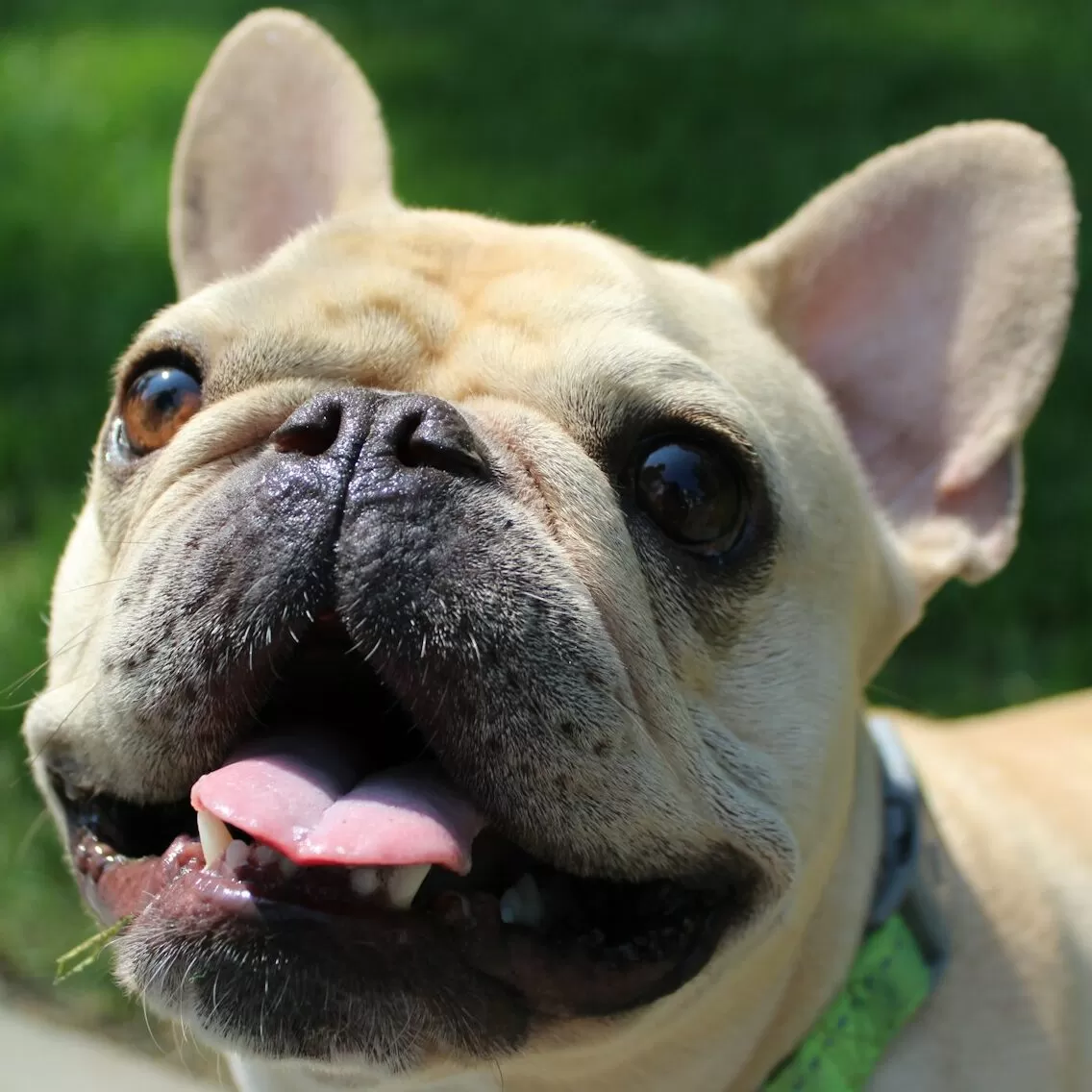Obedience & Consistency
French Bulldogs benefit from early obedience training to establish good behaviour. We focus on essential commands like “sit,” “stay,” and “come,” using positive reinforcement to keep them engaged. Since they can be selective listeners, short, rewarding sessions work best to keep their attention and reinforce positive behaviour.


